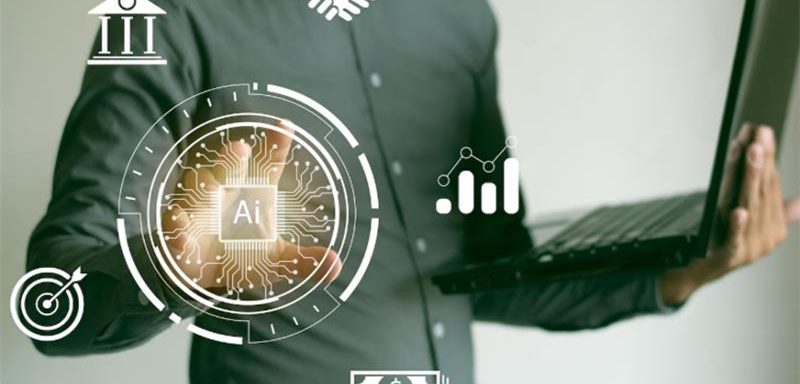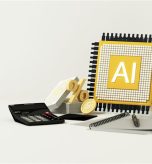There’s a lot of talk about whether AI will “replace accountants.” The truth is simpler: AI is reshaping the CPA role, not removing it. By taking over repetitive tasks, it allows CPAs to bring more of what business owners actually value—judgment, strategy, and guidance.

From Record-Keepers to Strategic Partners
Not long ago, a CPA’s week was filled with spreadsheets, reconciliations, and long hours of manual review. While those tasks haven’t disappeared, AI is automating much of the heavy lifting:
- Transactions can be categorized automatically.
- Tax software can flag potential deductions or compliance risks.
- Audit tools can scan entire datasets in minutes rather than days.
This shift frees up CPAs to sit on the same side of the table as their clients—helping them make sense of the numbers and plan what’s next. It’s the difference between looking backward at what happened and looking forward at where a business can go. That’s the same spirit we touched on in From Data to Decisions: How a CFO Shapes Financial Success.
What AI Brings to the CPA Toolkit
- Smarter Forecasting
- Better Tax Planning
- Faster, More Accurate Audits
- Compliance Without the Guesswork
- More Personalized Advice
Why CPAs Are Still Essential
Here’s the reality: no matter how powerful AI becomes, it doesn’t have the human side of the equation. AI can tell you that your margins are slipping, but it can’t sit down and talk through why that might be happening—or how to manage the emotions and risks that come with tough decisions.
What clients need isn’t just data—it’s wisdom. They want reassurance when times are tough, creativity when growth opportunities appear, and someone they can trust to explain the numbers in plain language. That’s why AI doesn’t replace CPAs; it makes them more valuable.
As we discussed in DIY vs. Pro: What Financial Tasks You Shouldn’t Do Alone, tools are useful, but expertise is what ensures they’re applied in ways that truly benefit the business.
What This Means for Business Owners
If you’re running a business, here’s what AI-powered accounting really means for you:
- Faster results – Reports and reconciliations that used to take weeks now come quicker.
- Real-time visibility – You don’t have to wait until year-end to know how you’re doing.
- Lower risk of error – Automation reduces the slip-ups that can cost you in compliance or cash flow.
- Proactive guidance – Your CPA can now focus more on planning for the future, not just reporting on the past.
In short: working with a CPA who embraces AI means you get more insights, faster, with fewer surprises along the way.
The Challenges to Keep in Mind
Of course, no change comes without hurdles. Businesses and CPAs alike need to watch for:
- Data security risks – More automation means more digital information that must be protected.
- The learning curve – CPAs and businesses need time to understand how best to use these tools.
- Overreliance – AI can guide, but human oversight is essential to catch context and nuance.
Handled responsibly, though, these aren’t roadblocks—they’re opportunities to create safer, smarter systems.
The CPA of the Future
So what does the future look like? Think of CPAs less as “bean counters” and more as financial architects – using AI-driven tools to design strategies that help businesses grow sustainably.
The CPA of tomorrow won’t just prepare taxes or reconcile accounts. They’ll:
- Interpret AI outputs and put them into context.
- Advise on strategy, not just compliance.
- Guide businesses in adopting new technology responsibly.
It’s a role that blends the best of both worlds – the speed and precision of AI with the judgment and trust only humans can provide.
Conclusion
Artificial intelligence is not the end of accounting—it’s the evolution of it. For CPAs, it means fewer hours buried in paperwork and more time partnering with clients to solve real business challenges. For business owners, it means clearer insights, better planning, and stronger financial outcomes.
At Empyrean Financial CPAs, we believe in embracing tools that make your life easier, while never losing sight of the human judgment and trust that lie at the heart of our profession. Because no matter how advanced technology becomes, your business still deserves a partner who listens, understands, and helps you chart the right course.







